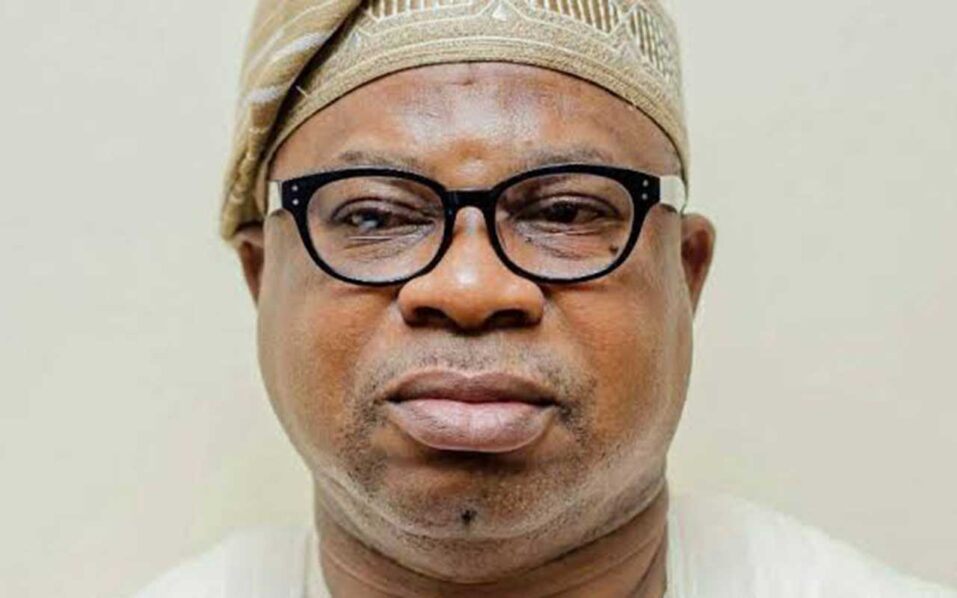
Fifteen years after it was initiated, the Federal Government’s N17.36 billion river port projects remain inactive. While some have been completed, they are non-operational due to poor road connectivity, inadequate equipment and poor funding for dredging and infrastructure development, while others are still unfinished years after construction began.
This is despite efforts by the Federal Government last year to revive three moribund river ports. The Baro Inland River Port in Niger state, awarded in 2009 for N3.56 billion, has been fully constructed. Similarly, the Onitsha River Port in Anambra state, rehabilitated in 2009 under a N4.66 billion contract, has been completed and concessioned to a private operator.
However, neither port is operational due to poor road access and inadequate maintenance funding. Meanwhile, the Oguta River Port in Imo state, awarded in 2009 for N2.74 billion, is only 65 per cent completed, while the Lokoja River Port in Kogi state, which was granted in 2012 for N6.4 billion, is at just 56 per cent completion, according to the National Inland Waterways Authority (NIWA).
The Managing Director of NIWA, Bola Oyebamiji, attributed the delays to a lack of budgetary allocations and escalating construction costs. In November 2024, the House Committee on National Inland Waterways pledged legislative support and increased budgetary allocation to complete the Lokoja River Port.
Oyebamiji also identified silted waterfronts as a significant challenge, emphasising that dredging must be prioritised to ensure operational efficiency. Despite completing some projects, he noted that inaccessibility hinders cargo movement, rendering the facilities ineffective.
The NIWA boss warned that the projects risk being abandoned unless urgent funding is provided. He stressed that a public-private partnership (PPP) remains the most viable solution, as the government alone cannot shoulder the financial burden of completing and maintaining the ports.
He further admitted that additional dredging and improved navigability of river channels are necessary for optimal port operations.
While NIWA remains committed to the revival plan, he noted that funding constraints, infrastructure deficits, and bureaucratic delays have significantly slowed progress.
He said that to attract private sector investment, NIWA has embarked on a strategic tour of its facilities in Onitsha, Warri, and Port Harcourt, engaging stakeholders and assessing the infrastructure of inland waterways.
The General Secretary of the Association of Bonded Terminal Operators (ABTO), Haruna Omolajomo, highlighted the economic benefits of functional inland ports, noting that they could ease pressure on road transport and create thousands of jobs, particularly in bonded terminals. He urged the government to expedite the completion and operationalise ports to attract investors and support indigenous businesses.
Similarly, a financial expert, Bala Zakka, emphasised that dredging is non-negotiable for inland water transport. He cautioned that no serious investor would commit funds unless the government first ensures navigability by dredging the channels leading to the ports.
“Fully completed river ports will remain idle if the channels are not dredged for seamless cargo movement,” Zakka warned.






